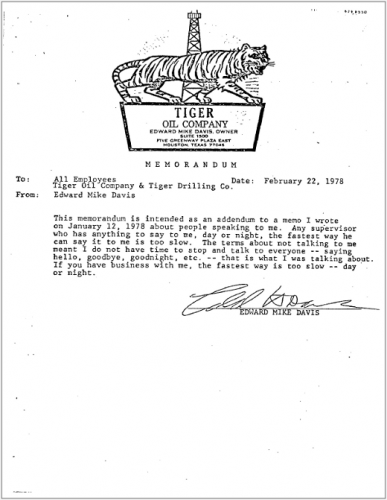I think regular readers know that I am not one to see Islamic terrorists hiding under every rock. In fact, I am not sure I have written a single post on the current state of Islam or ties to terrorism. I don't see the world primarily in terms of some great culture war with Islam. Certainly a number of fundamentalist Islamic states suck in terms of human rights, and some of that is probably due to ties with Islam, but many other states suck nearly as much without any Muslim help.
That being said, I must say as someone interested in history that this argument from Dr. Mahmoud Mustafa Ayoub of Berkeley, as reported from the Canadian human rights tribunal by Andrew Coyne, strains credulity:
What is jihad? Article equates it with Al Qaeda: fighting,
suicide bombing etc. But word actually means, originally, "to strive,
to do one's best." Koranic sense is that religious struggle we must all
engage in within our souls against evil tendencies. There is also
"social jihad," the obligation to change things that are wrong. This does not mean violence. The Koran is not a book of violence.
The notion of armed struggle, or violent jihad, is
mentioned in the Koran. "Permission has been given to those who have
been wronged only because they say God is our lord that they fight in
self-defence." (Sura 22.) So jihad is not limited to fighting "†it's just one type of jihad,
and should only be done in self-defence. The extremist, violent types
are an anomaly. "They are more a problem for us than for the west."
I have no problem with modern folks interpreting the Koran in this way for themselves. But this is absurd from a historical context. This portrayal of jihad as a sort of peaceful civil rights movement may be how moderate Muslims want to make the Koran relevant to their modern life, but it is outrageous in the historic context of if the 7th century. People of all faiths in this era didn't have sit-ins to correct social wrongs -- they gathered up their friends and some swords and went out to try to chop up the folks who did them wrong. Muhammad was a brilliant military leader, uniting disparate Arab tribes out of nowhere to carve out a huge part of the western world as their empire. His (and his successors') achievement is roughly equivalent to an unknown set of tribes suddenly bursting out of the Amazon and taking over modern North America.
The concept of jihad as originally applied in the 7th and 8th centuries was bloody and militaristic -- and effective. So much so that the Catholics copied many of the key parts for their crusades. The 7th century was a totally different world in its outlook and assumptions. Here is one example: We have heard many times of the slave revolts in Rome, and most of us have seen Spartacus. But not a single person in the 1000 years of the Roman empire, slave or not, is recorded to have ever advocated the elimination of slavery. They may have wanted to be free themselves, or treated better, but everyone accepted the institution of slavery even while trying not to be a slave themselves. We, with our 19th century anti-slavery movement, see the slave revolts of Rome as something they simply were not. I believe a similar revisionism is at work here on jihad.
All that being said, I have no opinion on whether or not the militaristic concept of jihad animates any substantial number of modern Muslims or not. I simply am not well enough informed, and currently find it hard to find any text discussing this issue that is trustworthy on either side.
Postscript: It is true that the Muslims showed special respect in their lands to Jews and Christians - in part for religious reasons and in part for practical reasons related to special taxes. The Spain of three religions under Muslim rule was certainly more dynamic and tolerant than the counter-reformation Catholic Spain. But this fact does not obviate the militaristic origins of jihad. Islam respected Christians and Jews .... in the lands where the Muslims had taken over and ruled. Where Muslims did not yet rule but wanted to, all bets were off.

